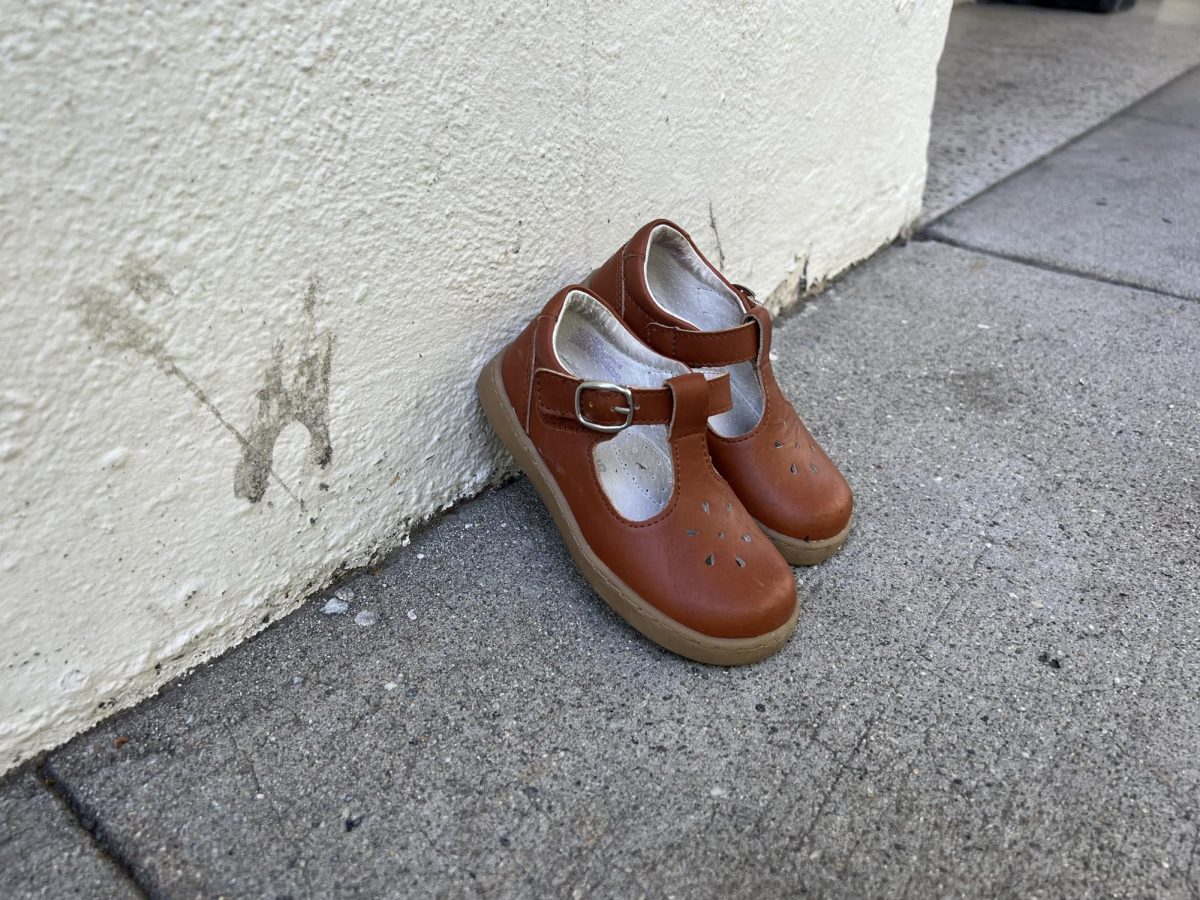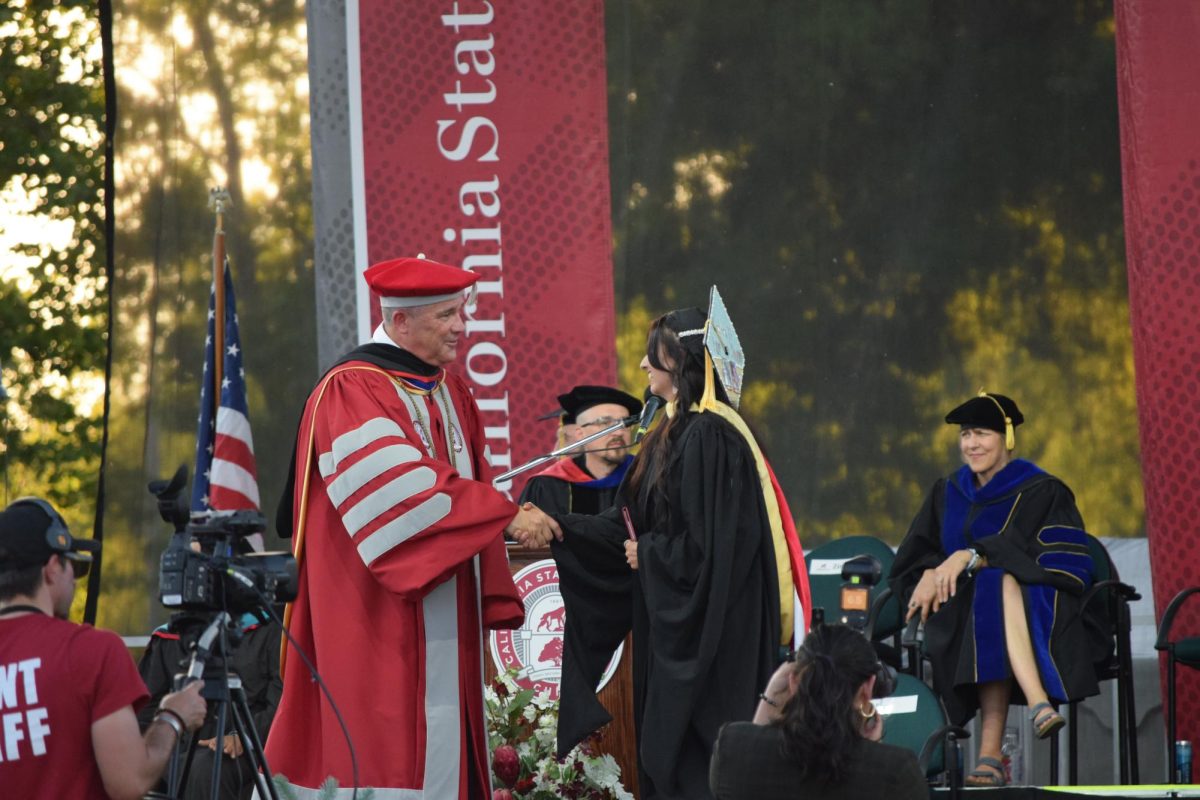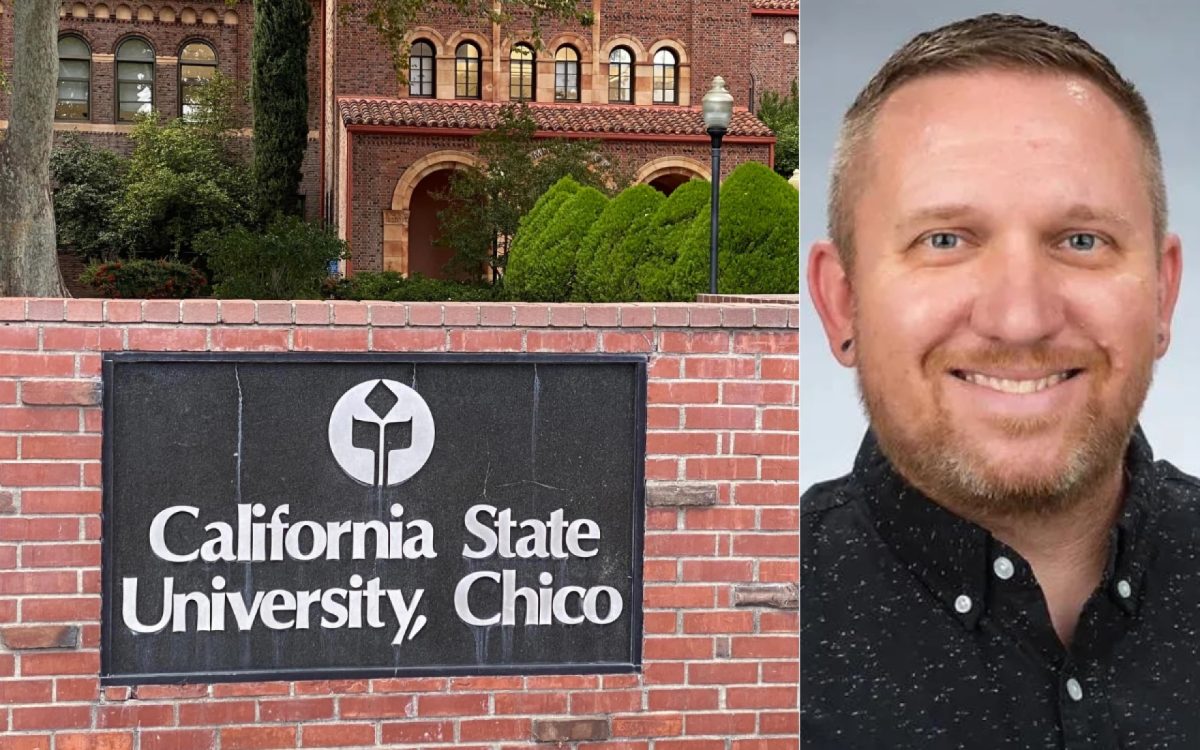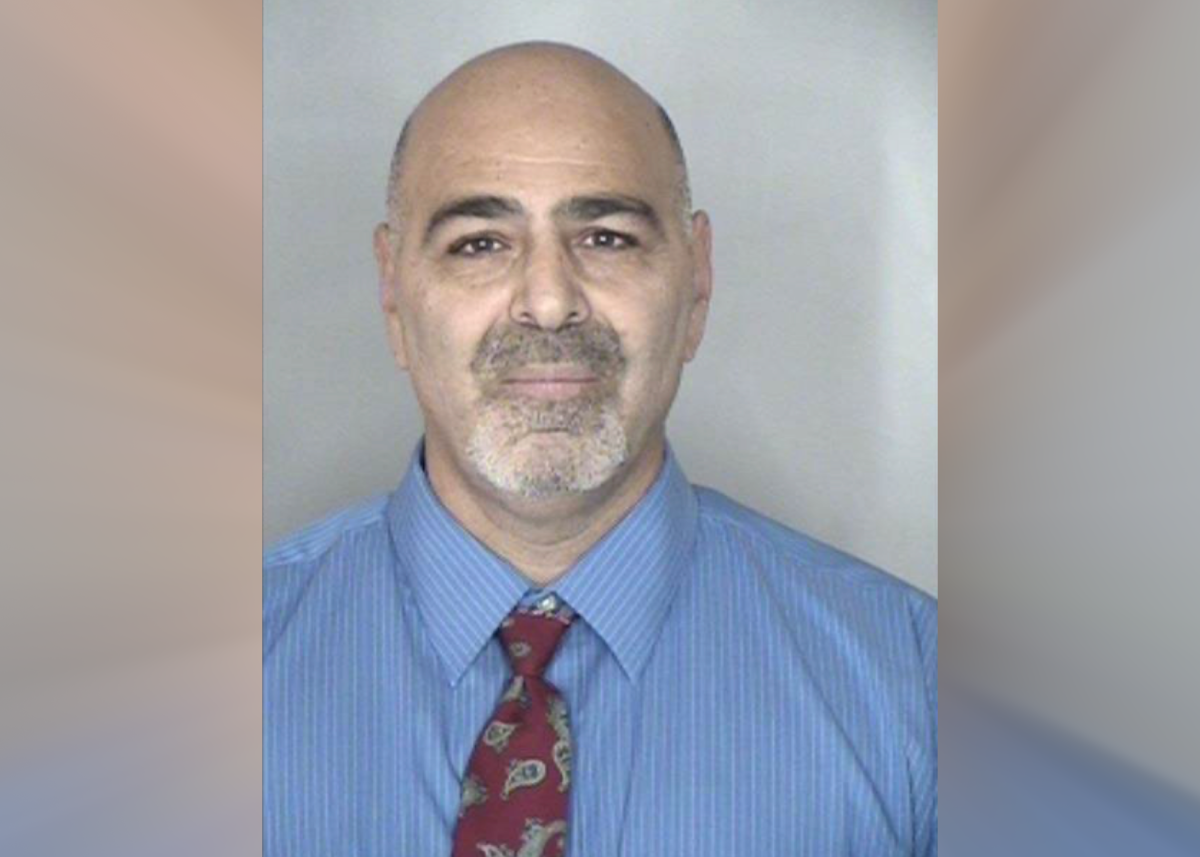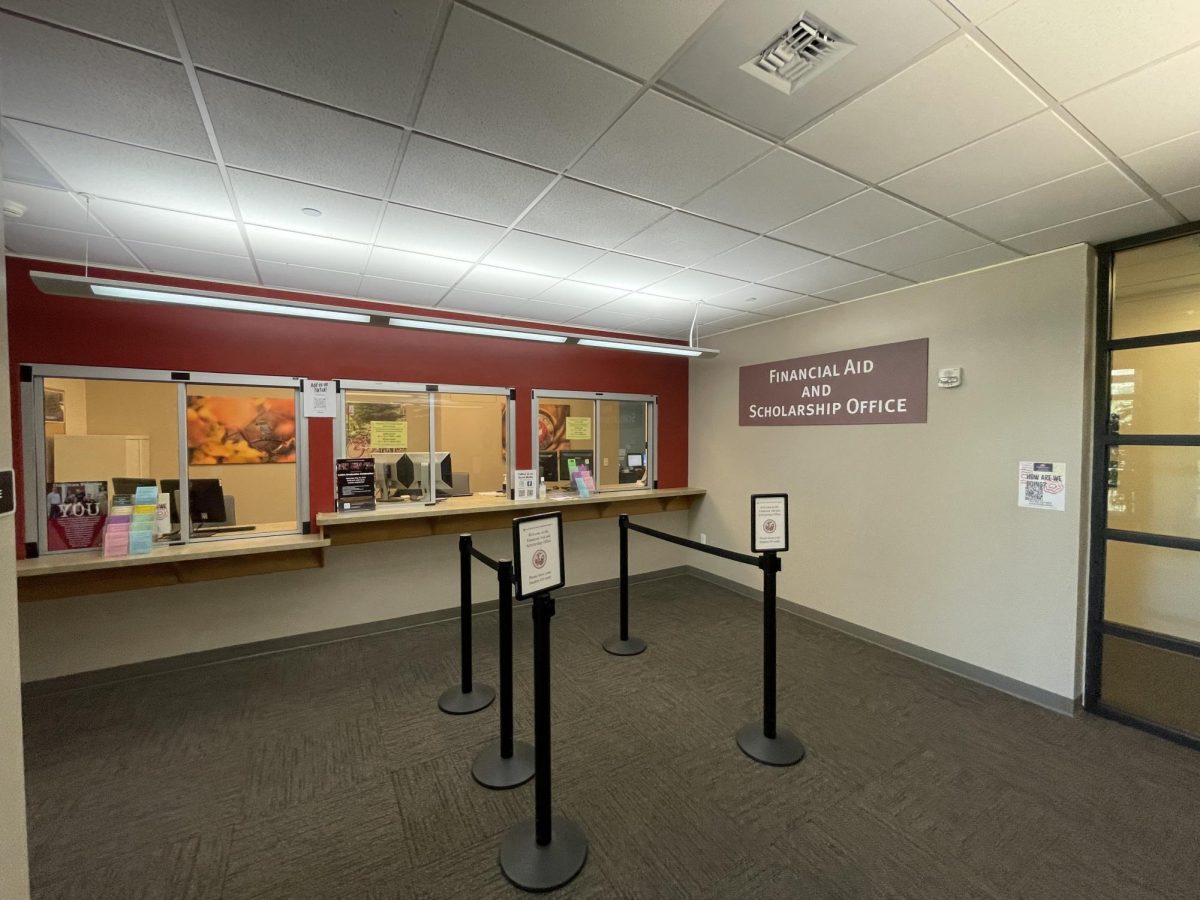
The Chico State Diversity Affairs Council hosted its Empowered Encounters event Thursday afternoon in the Wildcat Leadership Center.
The event focused on developing a better relationship between law enforcement and students by having conversations about police training, personal experiences and ways that the existing relationship can become more positive.
The event was planned to start at 2:30 p.m. with a poster-making session but instead turned into a prediscussion among audience members about local law enforcement. About 3:30 p.m., conversations began with guest speakers Sgt. Billy Aldridge from the Chico Police Department and Ryan Patten, chair of the political science department.
Jordan Walsh, the Associated Students commissioner of diversity affairs, put on the event with help of Mazi Noble, a catalog editor in the Student Services Center.
“The whole purpose of the event is to improve positive relationships among students and law enforcement because I think that often times as students we don’t necessarly have the most positive interactions with law enforcement,” Walsh said. “I think that one way that we could improve that is by talking together instead of dividing ourselves further apart.”
Conversations at the event focused on recent cases like the shooting death of Michael Brown in Ferguson, Missouri, and the use of police force and privilege.
“I thought that it was important to have this event because of the events that happened in Ferguson. That was the reason this idea sparked,” Walsh said. “It’s really important that as people we unite as individuals despite our differences.”
Audience members became more tense as the discussion progressed with Aldridge, and some participants were asked by event coordinators to remember that the focus of this event was to work toward a positive relationship.
When Ferguson came up in conversation, an audience member asked Aldridge what he thought of the use of military-style equipment by police in Ferguson during protests.
“I don’t know the intel that they were faced with to make the decision to use the equipment they did,” Aldridge said. “But in a situation like that would we have done that? I don’t know. Maybe, maybe not.”
An audience member then repeated Aldridge, saying, “Maybe, maybe not,” as he shook his head.
Aldridge agreed with audience members that how the police responded in Ferguson did indeed look bad but emphasized that he could not say that they should or should not have done something because he does not know what they were faced with.
Profiling, police training and perspectives versus civilian perspectives were among the other topics discussed between Aldridge and audience members.
Aldridge encouraged audience members to educate themselves on knowledge of the law and to hold community meetings and request that a cop come talk to them.
Patten talked about how to improve the relationship between cops and the community by changing the criteria that is used to evaluate police performance.
Patten emphasized that change is slow and said to start off by forming a coalition group or civilian review board.
The discussion ended on a positive note with Patten answering questions on how he has maintained a positive view on law enforcement.
He also invited audience members to go on ridealongs to help understand the police perspective.
“Ride with different police departments, different agencies, and you will see their job through their eyes, especially if you just talk to an officer as things are going along,” Patten said. “You see that on ridealongs, police officers become human. They’re not the other side. They’re not this evil government bureaucrat wearing dark shades in a car who won’t listen to you. This becomes a flesh and blood person.”
Kristina Martinez can be reached at [email protected] or @kristinacsuc on Twitter.








